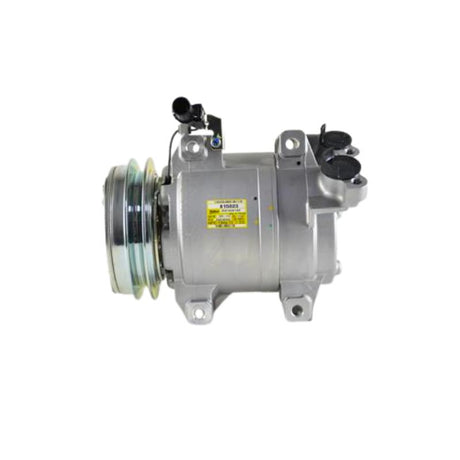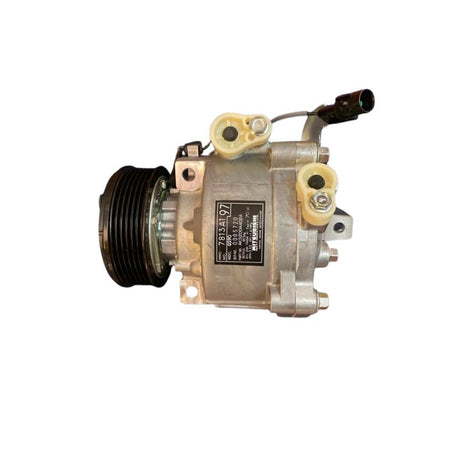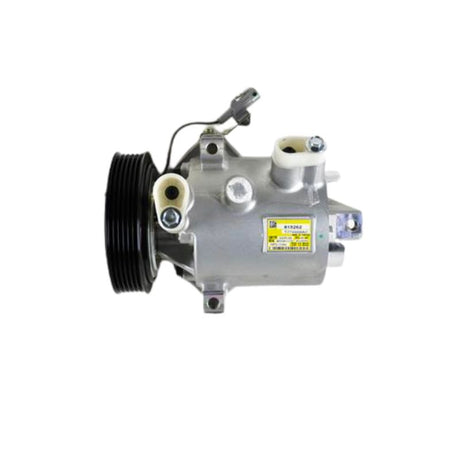A car compressor is an essential component of your vehicle's air conditioning (AC) system, ensuring efficient cooling and comfort during your drives. Choosing the right car compressor can be challenging, given the variety of options available in the market. This guide will walk you through the factors to consider when selecting the perfect compressor for your vehicle.
-
Understand the Role of a Car Compressor
The car compressor acts as the heart of your AC system, compressing the refrigerant and circulating it through the system to remove heat and cool the air. A malfunctioning compressor can lead to inefficient cooling or complete AC failure, making it crucial to select the right one for optimal performance.
-
Identify the Type of Car Compressor
There are several types of car compressors, and the type you need depends on your vehicle’s make and model:
Rotary Compressors: Common in compact cars due to their efficiency and compact size.
Scroll Compressors: Known for quiet operation and durability, typically found in high-end vehicles.
Reciprocating Compressors: Traditional compressors that are reliable but slightly noisier.
Variable Displacement Compressors: Offer better energy efficiency by adjusting output based on cooling demand.
Check your vehicle’s specifications to determine the compatible type of compressor.
-
Match the Compressor to Your Vehicle
To ensure compatibility, refer to your vehicle’s owner manual or consult a professional. Key factors to match include:
Make and Model: Compressors are often designed for specific vehicles, so confirm the part number.
Engine Size: The compressor should align with your vehicle’s engine capacity to handle cooling demands.
Refrigerant Type: Modern vehicles typically use R-134a or R-1234yf refrigerants. Ensure the compressor is compatible with the refrigerant your vehicle uses.
-
Consider Quality and Brand
Investing in a high-quality compressor from a reputable brand ensures durability and efficiency. Some reliable brands include:
Denso
Sanden
Delphi
ACDelco
Look for genuine parts to avoid performance issues and premature failures.
-
Check for Warranty
Always choose a compressor that comes with a warranty. This ensures peace of mind and covers you in case of manufacturing defects or performance issues.
-
Evaluate Price and Value
While budget-friendly options are tempting, avoid compromising on quality. Compare prices from different vendors and consider factors like durability, performance and warranty to find the best value for your money.
-
Seek Professional Assistance
If you're unsure about the technical aspects, consult a trusted mechanic or AC specialist. They can help you identify the right compressor and ensure proper installation for optimal performance.
-
Look for After-Sales Support
Opt for vendors that offer excellent after-sales service, including installation assistance, maintenance tips and replacement policies. This ensures long-term satisfaction with your purchase.











